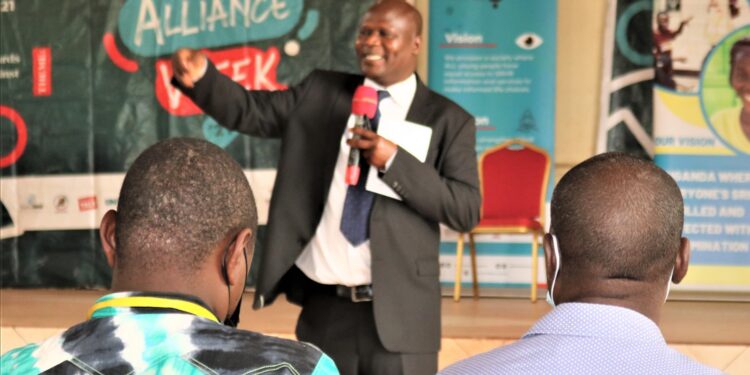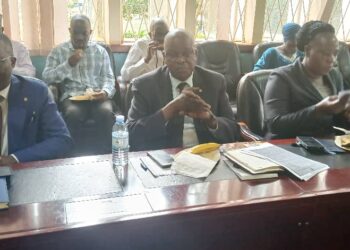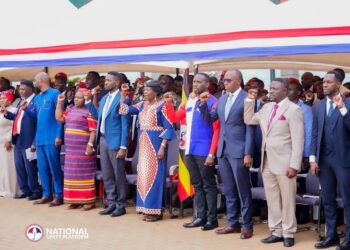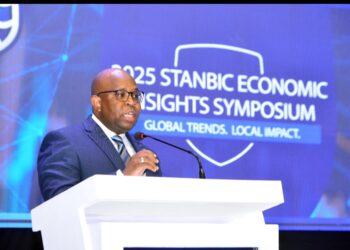By Nyadier Draru
Lillian Eimani, a resident of Mokoloyoro village in Adjumani district, is one of the beneficiaries of gender equality training done by Reproductive Health Uganda (RHU), through its integrated sexual reproductive health and rights (SRHR) programs. She and her cohorts were taught about gender inclusiveness, diversity, equity, and equality, and she now values the respect she receives from her husband and community members.
“The training has helped us as a community to resolve issues related to gender, but also reduce cases of sexual and gender-based violence, which undermines gender equality in communities,” said Eimani. Her husband now understands and respects the importance of access to family planning for women in order to have manageable children for a sustainable future. Thanks to the Advance Family Planning initiative (AFP), through its RHU media advocacy strategies, communities get information about family planning services through the media and village health teams.
Gloria Angolore, a nurse at Nakapiripirit health center III in Nakapiripirit district, was one of those trained but recently employed youths under the RHU-United Nations Population Fund (UNFPA) partnerships in Kapchorwa.
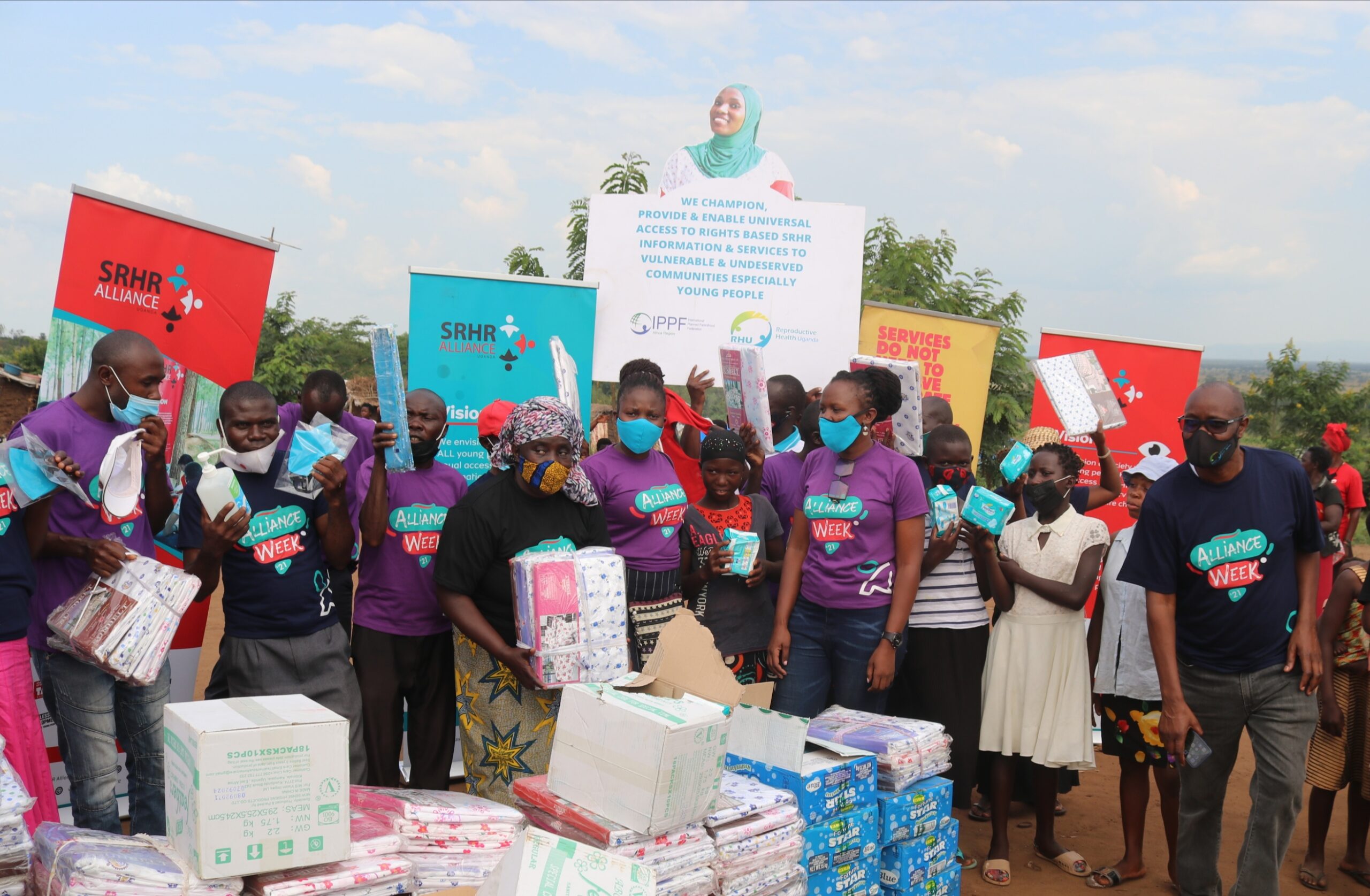
She says the training allowed her to push for functional structures at the workplace like gender committees, Positive Living Fighters Association (PLIF) committees, anti-sexual harassment committees, sexual and gender-based violence (SGBV) taskforces, and equal opportunity committees that improved dialogues, counseling, and referral of employees for SRHR related services.
We had five days of training to equip us to lead workshops for young people on gender equality. I’d run two programs per week, one for 10–14-year-olds and the other for 15–19-year-olds. We separated them into “families,” with each family having roughly 50 students. I was working with thirteen other Karamoja nurses who had also received training, “she explains.
The training courses addressed themes such as sexual and reproductive health, HIV and AIDS, gender-based violence prevention, relationships, life skills, and menstrual hygiene, and were taught using anti-FGM, SGBV, and access to family planning handbooks.
She goes from home to home among men and women, after receiving various pieces of training, to share the gospel of gender equality in places where sexual and gender-based violence are endemic in Uganda’s Karamoja region. This has also benefited more than 35,000 people mostly youth and women in Hoima, Kikuube, Lira, and Gulu districts, all aimed at promoting gender equality in Uganda.
Despite all the above, restrictive measures to contain the spread of COVID-19 made it difficult for vulnerable people to access sexual and reproductive health and rights (SRHR) services, including issues concerning gender equality. Analysis of data from the Reproductive Health Uganda (RHU) 2021 report revealed an increase in the provision of SRHR services, which translated into the enjoyment of better gender equality among vulnerable and underserved people.
After proper counseling and training about gender equality and access to family planning, a total of 76,752 clients received family planning (FP) services, compared to a target of 65,462 for the year. The young people were educated while accessing the services.
Jackson Chekweko, Reproductive Health Uganda (RHU) Executive Director, attributes this to the efforts by the advocacy, communications, and service delivery units at RHU that employed various tactics to increase male involvement in access to family planning, promote gender equality by fighting against gender-based violence, and awareness about the need to have manageable families.
He believes that PLIF advocates for equal opportunities for HIV-infected people in their communities’ workplaces and homes. Together, they advocate for management to take routine counseling and HIV testing and for women at workplaces. I also allow positive employees to go for refills of their medicines.
Private sector companies were able to review their workplace policies to integrate SRHR and gender equality. Bugambe Tea Estates utilized the partnership to “awaken their sleeping” policies (gender and sexual health policies) that were being shelved before the project. Butema brick factory, with support from RHU, revised its gender committee to form an SGBV task force, which is well-positioned to manage rising cases of sexual violence.
Today we celebrate International Women’s Day under the theme “Gender equality for a sustainable future.”
Do you have a story in your community or an opinion to share with us: Email us at editorial@watchdoguganda.com

